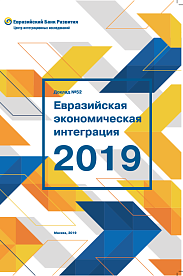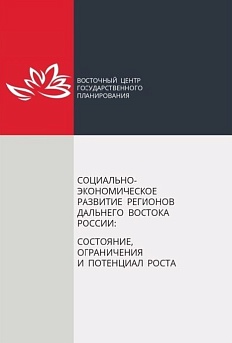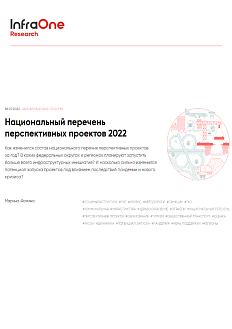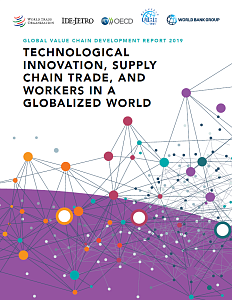Many economists believe that the 30-year period of active globalization in economic policy has drawn to an end, to be replaced by fundamental shifts in the international arena. Spreading protectionism, trade wars, politicized economic decisions, and deceleration of the world economy are driving global integration processes and affecting economic growth in the key integration blocs. Regional integration groups have been able to renew their growth after the global financial crisis, but there is still no steady positive development. The report briefly reviews trade and economic development of regional integration groups — the European Union, MERCOSUR, NAFTA, ASEAN, and the African Union.
One of the key 2018 events for the EAEU was the adoption of the Declaration on Further Development of Integration Processes within the Framework of the EAEU, signed in December in Saint Petersburg during a meeting of the Supreme Eurasian Economic Council (SEEC). The EAEU Customs Code (CC), approved by a special treaty signed on April 11, 2017, came into force. The SEEC approved the Programme for the Creation of Common Oil and Petroleum Products Market and the Programme for the Creation of the Common Gas Market. The work to create a common EAEU alcohol and tobacco market, as well as the Single Services Market, is under way. Also, the Council signed the Agreement for Harmonization of Financial Market Legislation of EAEU Member States. Much effort is channeled into digitization.
In 2018, economic growth in the EAEU displayed certain positive trends: All EAEU member states reported GDP and industrial production growth, while inflation rates remained within the range stipulated by the EAEU Treaty. Development of trade in goods and services, implementation of investment-capital-raising programmes, and expansion of cooperative ties between member-state enterprises made a significant contribution to economic growth of EAEU member states. The report reveals main macroeconomic parameters of the economic growth in the EAEU member states and covers mutual trade in goods and services, investment cooperation, and external trade.
The authors of the report emphasize the importance of expanding cooperative ties among EAEU member states for development of industry and trade, and for general economic growth of the Union. In 2018, progress was achieved both in implementation of previously launched projects and in development of new projects, including those with EDB participation.
The fact that in 2018 all EAEU member states rose in the Ease of Doing Business ranking was one of the key outcomes of joint active work carried out by the EDB, the EFSD, supranational EAEU institutions, national agencies, and the business communities of EAEU member states to expand cooperative ties among member state enterprises, improve the business environment in the common economic space, make goods and services produced within the EAEU more competitive, and promote investment cooperation. Kazakhstan demonstrated the greatest improvement (up 8 points), taking the highest position among the EAEU member states (28th place) and outpacing Russia (36th place) by a wide margin. Kyrgyzstan also recorded a large gain in 2018 (up 7 points), but its ranking remains the lowest among the EAEU member states (70th place).
Close






